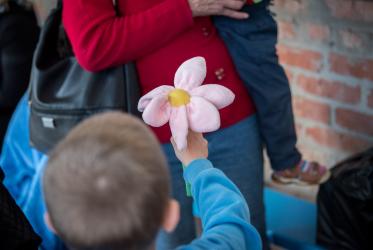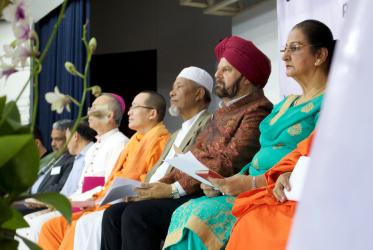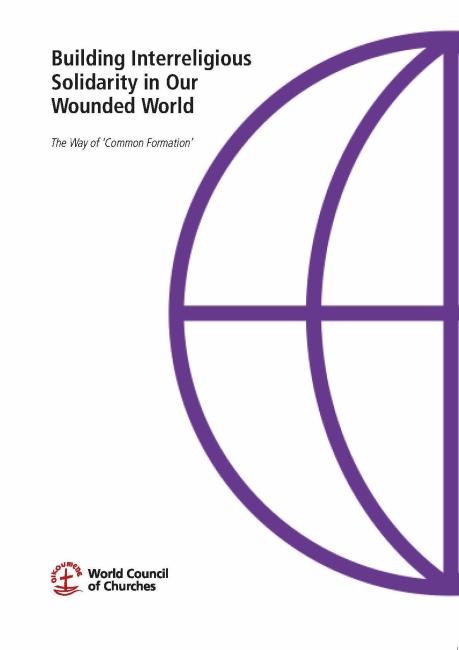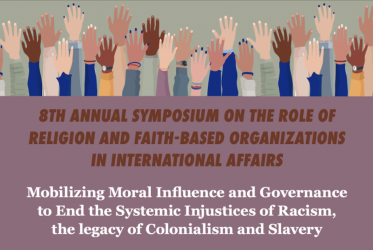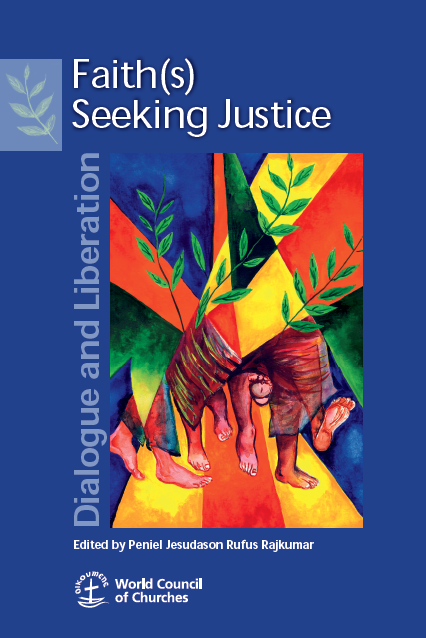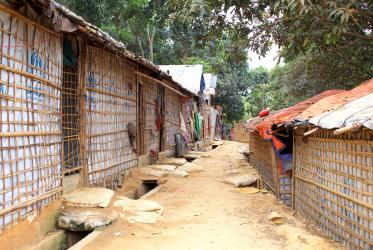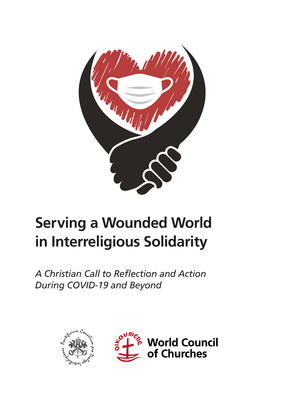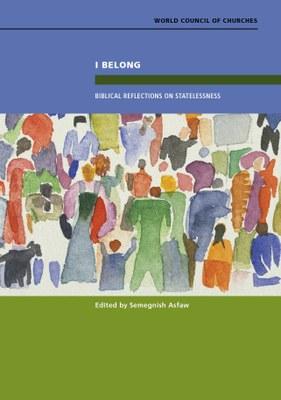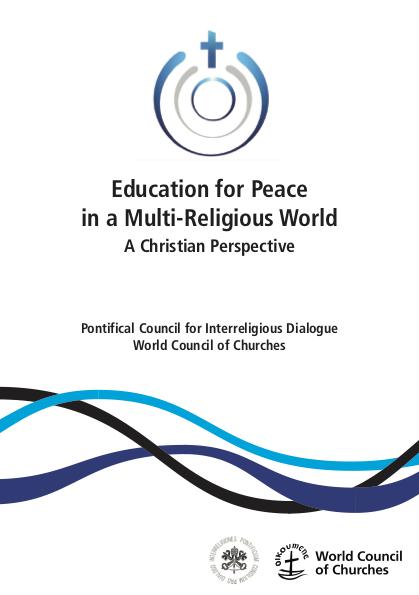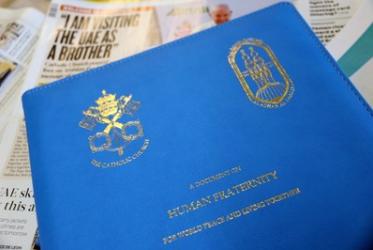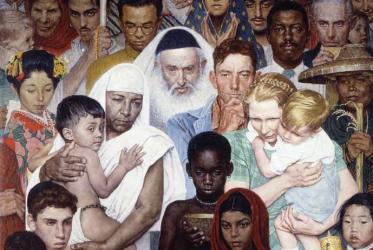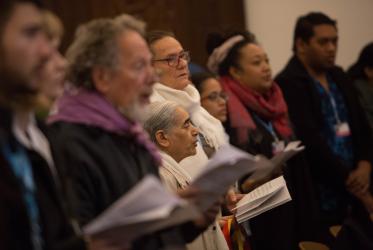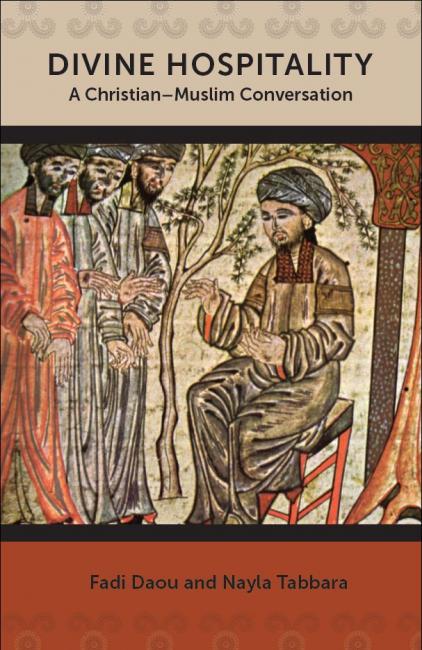Displaying 1 - 20 of 26
12 December 2023
Ecumenical Centre, Geneva, Switzerland
Webinar - Intergenerational conversation will commemorate 50 years of WCC’s interreligious inroads
01 July 2021
https://us02web.zoom.us/webinar/register/WN_dwi_li4JTI6FRzEaqGeqvw
Serving a Wounded World in Interreligious Solidarity
A Christian Call to Reflection and Action During COVID-19 and Beyond
25 October 2020
I Belong: Biblical Reflections on Statelessness
Biblical Reflections on Statelessness
12 October 2020
Conference on ‘Promoting Peace Together’ Promoting Human Fraternity and Harmonious Co-existence through Dialogue
21 May 2019
Ecumenical Centre, Geneva
13th Annual Conference of the European Network of Buddhist-Christian Studies
26 June - 01 July 2019
Arch Abbey of St Ottilien, Munich, Germany
Education for peace in a multi-religious world
10 December 2018
United Nations Office in Geneva, Room XXV
International forum on Diakonia in China and global comparisons
22 - 23 November 2018
Ecumenical Centre, Geneva, Switzerland
